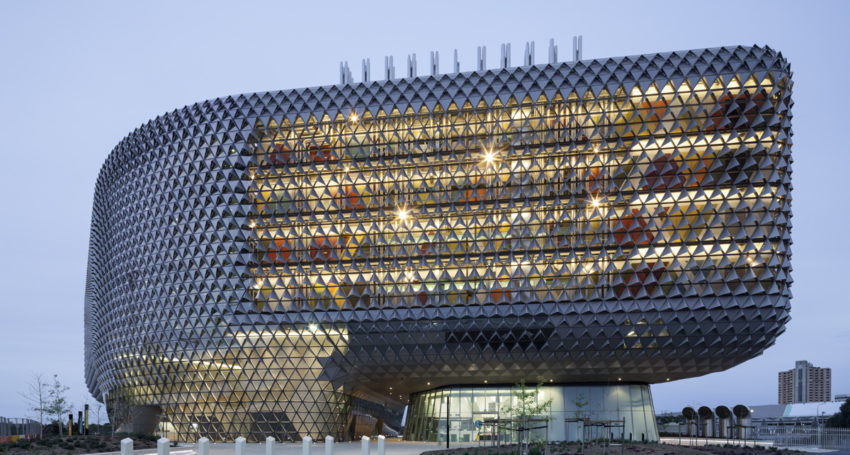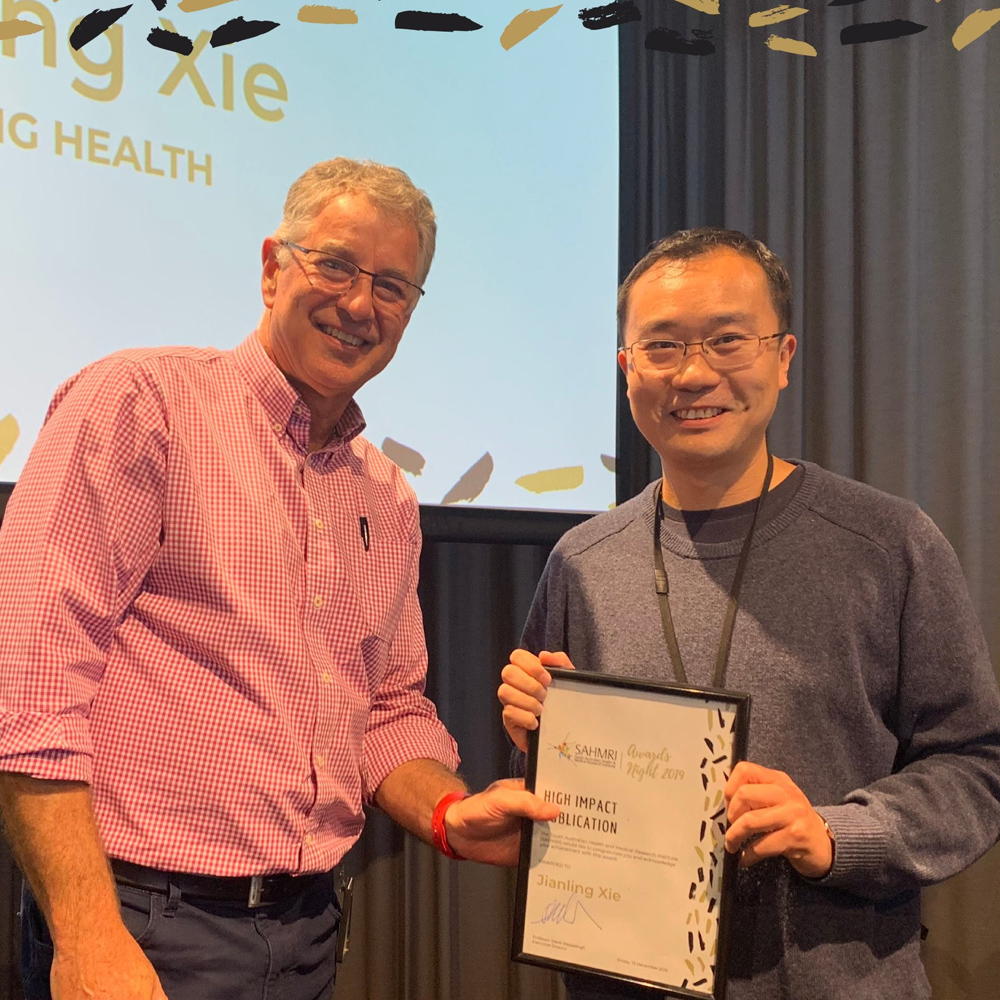Piercing the shield to attack prostate cancer
Health & Medical
Research to lift the cloak of invisibility shielding prostate cancer cells from being killed by the immune system is underway at South Australia’s leading health precinct.

Sign up to receive notifications about new stories in this category.
Thank you for subscribing to story notifications.

Its findings could help trigger patients’ immune systems to detect and destroy the cancer that is the second most common diagnosed in Australian men.
Adelaide scientist Dr Jianling Xie has won a year’s seed funding to advance the research at the state’s prestigious South Australian Health and Medical Research Institute.
Dr Xie said the work stemmed from the groundbreaking discoveries of Nobel Prize winners Prof Tasuku Honjo and Prof James Allison, including the protein PD-L1 that shields cancer cells in the body.
“They discovered immune checkpoints which are proteins that give cancer cells a cloak of invisibility to escape the surveillance of a patient’s immune system,” Dr Xie said.
“Now we have found a way to lift this cloak of invisibility from the cancer cells and to make them visible again to our immune system.”
The work being undertaken under the Lifelong Health Theme led by Professor Chris Proud could have wide and long-term ramifications for patients.
Dr Xie’s work could lead to less invasive treatment for prostate cancer patients such as immunotherapy, it works by boosting the immune system to fight cancer in the body but currently it does not often respond to prostate cancer.
Dr Xie will now move to the next stage of testing on prostate cancer patient tissue samples.
Prostate cancer is not only the second most common cancer diagnosed in men in Australia but also the third most common cause of cancer death, according to Cancer Council of Australia statistics.
The data shows one in seven men will be diagnosed with prostate cancer by the age of 85. It is more common in older men, with 63 per cent of cases diagnosed in men over 65 years of age.

SAHMRI’s inaugural Executive Director Professor Steve Wesselingh presents Dr Jianling Xie with a high-impact publication prize.
Dr Xie’s specific research would make use of a prostate cancer bio bank established in South Australia with human tissue samples along with a finding from previous work.
“(I looked into) if I can somehow destroy the shield or the cloak of invisibility that protects the cancer cells, then our own defence system will be able to see our enemies and attack them,” Dr Xie said.
Dr Xie has studied in Mexico and completed his PhD in cell physiology and pharmacology along with his masters at the University of Leicester in the United Kingdom.
He moved to Adelaide to work at SAHMRI in September, 2014, last year winning a high-impact publication prize from SAHMRI for being first author on a paper published in Current Biology.
It outlined the research behind discovering why high-protein diets are bad for humans.
Experiments on worms, fruit flies and human cells showed increased nutrient levels speed up protein synthesis within cells. The faster this process occurs the more errors are made.
“I discovered here that the enzyme eEF2K (eukaryotic elongation factor 2 kinase), which links to nutritional supply, affects lifespan in nematode worms,” Dr Xie said.
“This study highlights the detrimental effects of over-nutrition and the importance of a low-protein diet.”
Now, the link between this study and my current research work involves the enzyme (eEF2K).
“I found a link between this enzyme and longevity, and now I found a role of it in promoting the synthesis of immunecheckpoint PD-L1,” Dr Xie said.
Jump to next article




